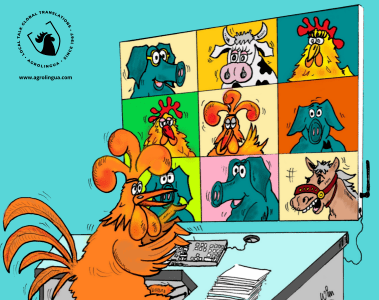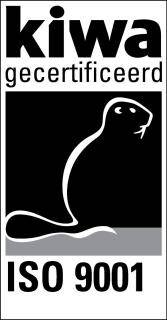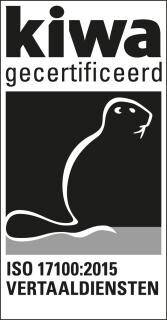
International Translation Day
“A translation must say everything the original says, say nothing the original does not say, and say everything as correctly and naturally as the language into which it is translated allows.” Valentín García Yebra
What do F1 superstar Max Verstappen, film actor Marion Cotillard, Dutch footballing legend Frank Rijkaard, writer Truman Capote, and Nobel laureate and Holocaust survivor Elie Wiesel have in common? And what connects the publication of the first volume of Louisa May Alcott’s Little Women, the first ever photograph of the Orion Nebula, the first manned flight of a rocket plane, the first use of anaesthetic on a dental patient, Mozart’s final opera The Magic Flute, James Dean’s death and Neville Chamberlain’s infamous 1938 declaration that stated “I believe that it is peace for our time”?
The answer to both questions is that these famous people all share the same birthday and these events all took place on the same date: 30 September. This is also the date of International Translation Day, which was declared a day of celebration by the Council of the International Federation of Translators in 1991, and later by the UN in 2017. It is the only day in the year on which translators pull off their invisibility cloak and briefly step into the spotlight, showing the world the importance of this silent and sometimes hidden profession, as well as the impressive skills a translator needs to possess.
International Translation Day was created to celebrate the role of professional translation in connecting nations and fostering peace, understanding and development. Languages are intrinsic to identity, communication, social integration, education and development and are of strategic importance for people and the planet. People are becoming more aware of the vital role languages play in ensuring cultural diversity and intercultural dialogue, strengthening cooperation, building inclusive knowledge societies and preserving cultural heritage, and in mobilising political will for applying the benefits of science and technology to sustainable development. Multilingualism promotes tolerance, ensures effectiveness, increased participation, improved performance and transparency.
30th September was chosen as it is the date that celebrates the feast of St. Jerome, the Bible translator, who is considered the patron saint of translators and who died in 420AD. He translated the Bible into Latin between 383 and 404 AD, and, while his native language was Illyrian, he studied Latin, Greek and Hebrew. Taken from the Latin “translatus” – “to carry over” – translation is arguably the most important process for the dissemination of culture. It makes our lives easier, while ensuring that the world is linguistically borderless. As globalisation increases, we continue to be surrounded by translations: subtitles, books, instruction manuals, operating systems and device interfaces, audio descriptions, information in museums or at conferences and trade fairs. Translators are responsible for establishing invisible bridges and links which enable us to move seamlessly between languages, cultures and contexts. They promote dialogue and understanding between cultures.
AI is currently radically redefining the translation services industry. Yet as the sector adapts to the rapid increase in quality of AI translations, there is a key point to be made. The intervention of a human expert is absolutely essential to providing the high linguistic quality that all clients deserve. The professional linguist at the centre of the process has a great set of tools at their disposal to enhance and complement their language expertise.
Our in-house translators understand the nuances of languages, cultural contexts and language specific references, as well as the importance of accuracy and creativity. By collaborating with machine translation software, they ensure the completion of translation projects that remain true to the source text and deliver the highest quality product for your company.
Terug naar blogs




.png)

